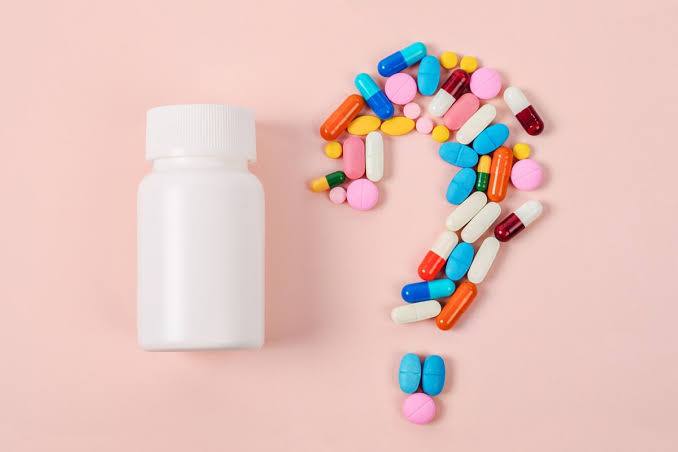Antibiotics: A Double-Edged Sword in the War Against Bacteria
Antibiotics are one of the greatest medical discoveries of the 20th century, saving millions of lives from infectious diseases that were once deadly. However, the irresponsible use of antibiotics has led to a growing global problem: antibiotic resistance. In this article, we will discuss antibiotics in detail, starting with how they work and ending with the dangers of overusing them.
What are antibiotics and how do they work?
A simple definition: Antibiotics are medications used to kill or inhibit the growth of pathogenic bacteria.
Mechanism of action: A simple explanation of how antibiotics work at the bacterial cell level (e.g., preventing cell wall formation, inhibiting protein production).
Types of antibiotics: List the main types of antibiotics (penicillin, cephalosporin, macrolides, etc.) with examples of each type.
When do we need antibiotics?
Bacterial infections: Explain the importance of diagnosing a bacterial infection before prescribing antibiotics.
Viral infections: Emphasize that antibiotics are not useful in treating viral infections (such as colds and flu).
When to see a doctor: Advice the patient on when to see a doctor for a prescription.
Antibiotic resistance
What is antibiotic resistance? A simple explanation of how bacteria develop resistance to antibiotics.
Causes of antibiotic resistance:
Overuse of antibiotics.
Not finishing the full course of antibiotics.
Incorrect use of antibiotics in agriculture and animals.
Risk of antibiotic resistance: Explain the consequences of the spread of antibiotic resistance (increased mortality, increased health care costs).
Correct use of antibiotics
Taking antibiotics as prescribed: Emphasizing the importance of following the doctor's instructions carefully.
Do not share antibiotics: Warn of the risks of sharing antibiotics with others.
Preventing infection: Providing advice on preventing infection (hand washing, vaccinations).
Side effects of antibiotics
Common side effects: Diarrhea, nausea, allergic reactions.
Rare side effects: Severe gastrointestinal upset, anaphylaxis.
The importance of antibiotics: Emphasizing the importance of antibiotics in treating bacterial infections.
Risks of misuse: Warn of the risks of overuse of antibiotics.
Role of the individual: Encouraging individuals to use antibiotics wisely and follow the doctor's instructions. Role of society: Emphasizing the importance of raising awareness of the importance of using antibiotics correctly.








